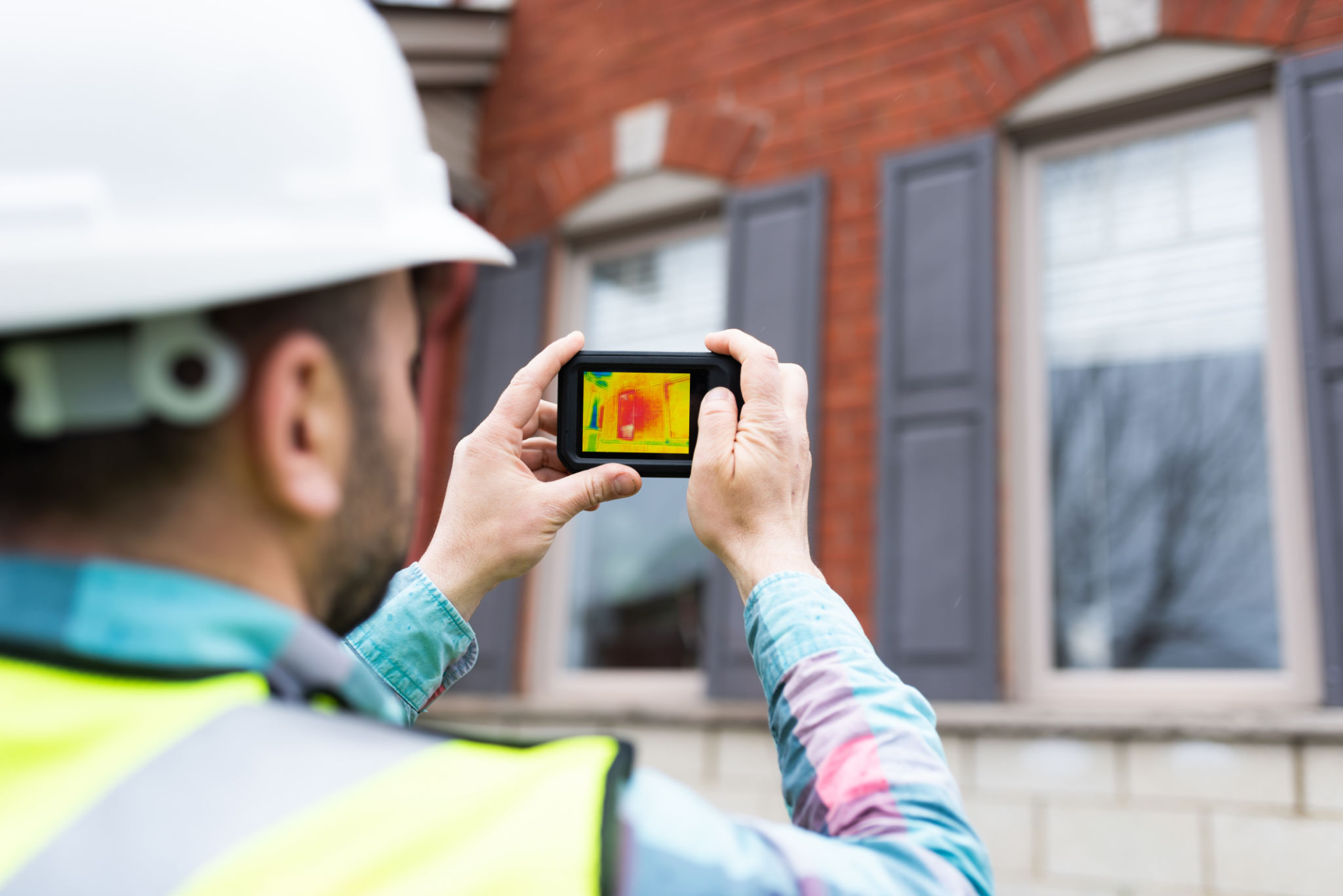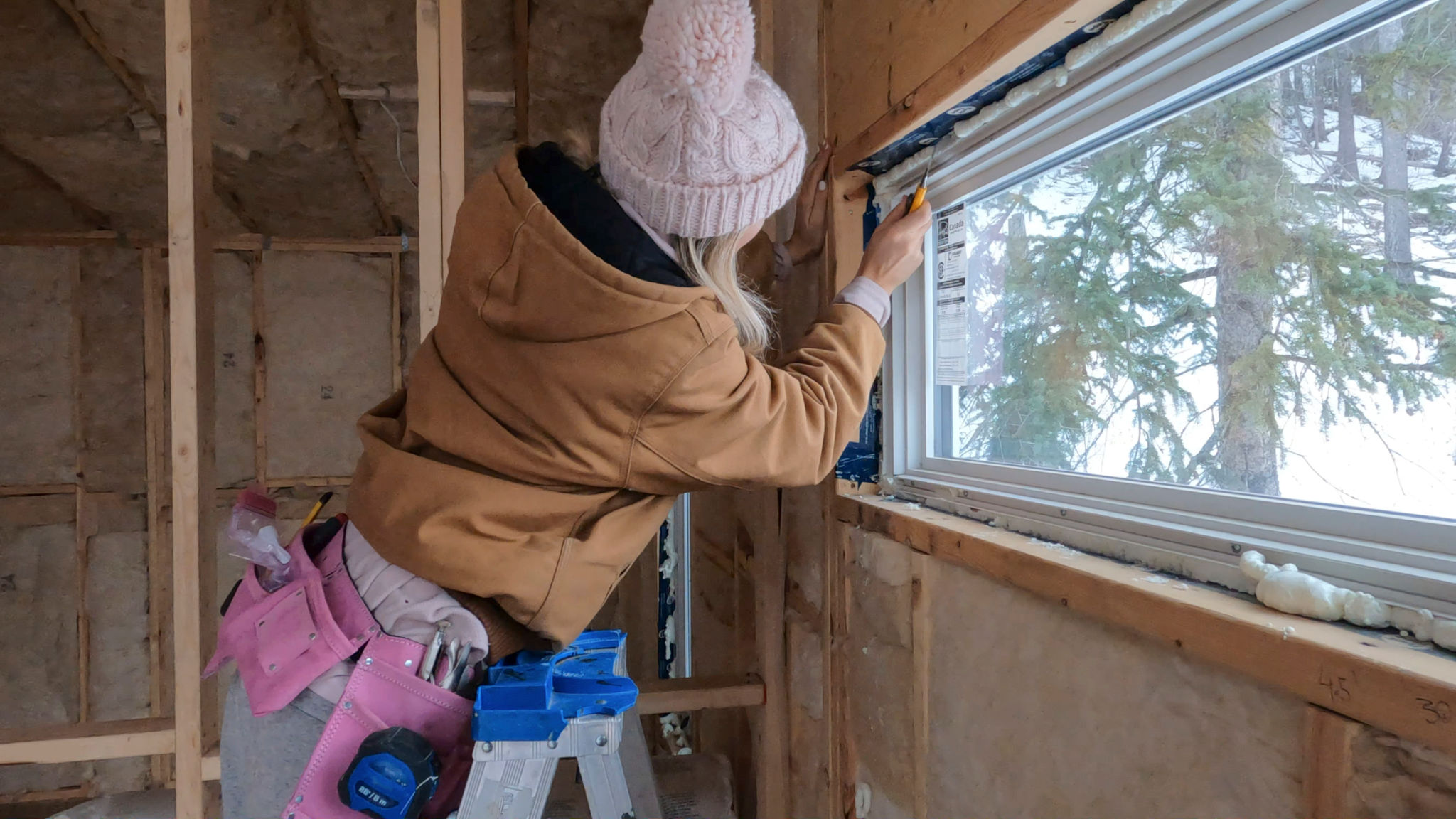How to Choose Energy-Efficient Windows for Your Fort Worth Home
Understanding Energy Efficiency
When shopping for new windows for your Fort Worth home, understanding energy efficiency is crucial. Energy-efficient windows help to reduce heat transfer, keeping your home warmer in the winter and cooler in the summer. This not only contributes to a more comfortable living environment but also leads to significant savings on your energy bills.
Energy-efficient windows typically feature multiple panes of glass, special coatings, and non-conductive framing materials. These components work together to create a barrier that reduces the amount of heat entering or leaving your home. By choosing the right windows, you can enhance your home's comfort while minimizing your carbon footprint.

The Importance of Window Ratings
Before purchasing new windows, it's essential to familiarize yourself with window ratings. Look for labels from the National Fenestration Rating Council (NFRC), which provide information on the window's energy performance. Key ratings include the U-factor, Solar Heat Gain Coefficient (SHGC), and Visible Transmittance (VT).
The U-factor measures how well a window prevents heat from escaping, while the SHGC measures how well it blocks heat from the sun. A lower U-factor and SHGC indicate better energy efficiency. Meanwhile, VT measures how much natural light the window lets in, which can enhance interior lighting and reduce the need for artificial light.
Choosing the Right Frame Material
The frame material plays a significant role in a window's energy efficiency. Common materials include vinyl, wood, aluminum, and fiberglass. Vinyl and fiberglass frames are popular choices for their excellent insulation properties and low maintenance requirements.

Wood frames offer natural insulation and a classic aesthetic but require more maintenance to prevent warping and rot. Aluminum frames, although durable, tend to conduct more heat and may not be the best choice for energy efficiency unless they feature a thermal break.
Exploring Glass Options
The type of glass used in windows also impacts their energy performance. Double or triple-pane windows with Low-E (low emissivity) coatings are highly recommended for their superior insulation capabilities. These coatings reflect infrared light, keeping heat inside during winter and outside during summer.
Consider windows with argon or krypton gas fills between panes for enhanced insulation. These inert gases are denser than air and provide better thermal performance, reducing the transfer of heat through the window.

Installation Matters
No matter how energy-efficient your windows are, improper installation can lead to air leaks and reduced performance. It's crucial to hire a professional installer with experience in energy-efficient window installations. Proper installation ensures that your windows will perform as intended and provide maximum energy savings.
During installation, ensure that the window fits snugly within the frame and that all gaps are sealed with weatherstripping or caulking. This prevents drafts and enhances overall energy efficiency.
Conclusion: Long-Term Benefits
Choosing energy-efficient windows for your Fort Worth home is an investment that pays off in comfort, energy savings, and environmental impact. By considering factors such as window ratings, frame materials, glass options, and professional installation, you can select windows that meet your needs and budget.
Ultimately, energy-efficient windows contribute to a sustainable home environment while enhancing your property's value. Take the time to research and invest wisely for a brighter, more efficient future.
